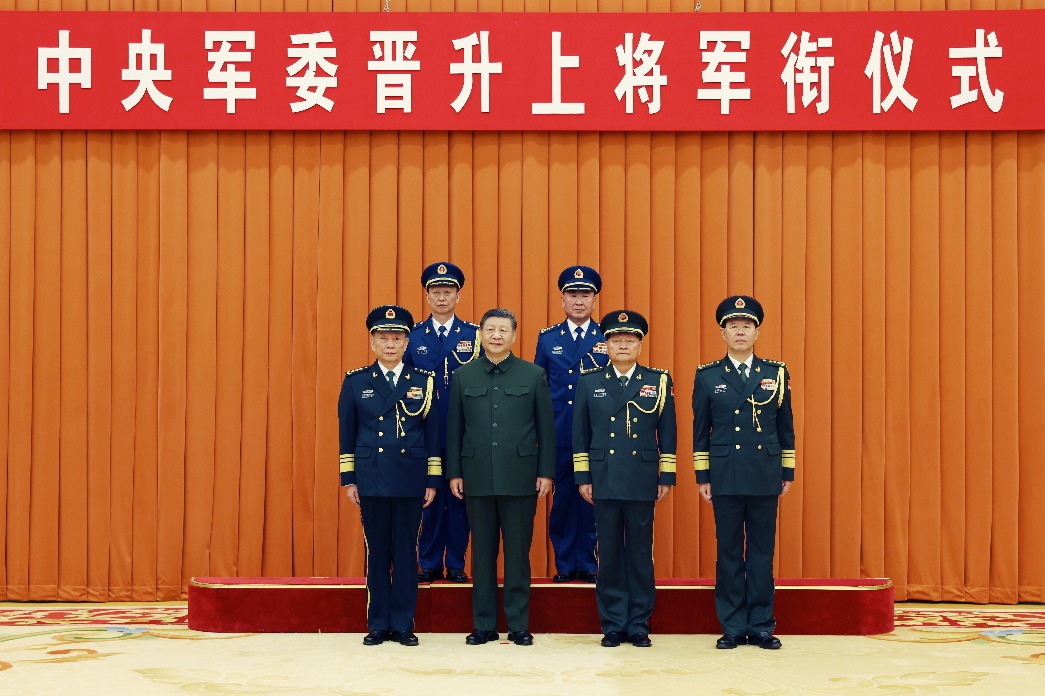'One Country, Two Systems'2.0 has finally arrived and it's high time

A couple of years ago, I wrote a few pieces - some in Chinese language media - outlining the concept of and advocating for an upgrade for the "One Country, Two Systems" principle. Changes have come only gradually but top legislator Zhang Dejiang's recent speech has indicated that the wheels are already set in motion.
Created in the 1980s, the original concept of "One Country, Two Systems" was not meant to be future-proof. Quite the opposite, central government leaders at the time envisioned it to be a great experiment. The principles were clear: People in Hong Kong will not be worse off upon China's resumption of exercising sovereignty over the city but at the same time Hong Kong should not undermine the country's national interests and security.
If we all agree to these basic principles, day-to-day implementation of "One Country, Two Systems" should be unproblematic. Unexpected issues would inevitably come up but Hong Kong and the Chinese mainland can deal with them flexibly as long as we share a set of common core values. Sadly, events unfolded along a different direction.
One notable example of such a misalignment is the law enforcement arrangement for a joint immigration facility at the Guangzhou-Shenzhen-Hong Kong Express Rail Link. Because some dogmatic dissidents have concerns for cross-border law enforcement, we are now looking at a possibility the express rail will become useless when it is supposed to be in operation late next year.

Some assumptions that existed when "One County, Two Systems" was designed are gone. As we approach the 20th anniversary of the city's handover, it is time we review the arrangement and make changes.
Zhang's speech on Saturday was a timely declaration of these changes. At the Great Hall of the People, Zhang announced that central authorities would invoke a number of "implicit powers" - which have so far not been paid close attention to during the first 20 years since the handover.
"It should be stressed that (Hong Kong's) governing teams... must be made up of patriots who respect the Chinese people, sincerely support (China's) resumption of sovereignty and pose no threat to (Hong Kong's) prosperity and stability," he said, referencing late leader Deng Xiaoping and the consensus between Hong Kong and the mainland of the day.
It was no coincidence that he referred to the original consensus. Clearly, he and other leaders of the Politburo Standing Committee of the Communist Party of China feel that Hong Kong has failed to deliver what was promised in the implicit "deal".
Behind the lack of patriots in the governing teams are some graver problems. There is, in fact, a lack of patriots in the general population, especially among the younger generation, and therefore there are not enough patriots to choose from. To a large extent this is because our education system has failed to instill a proper sense of patriotism among our students. Recruitment procedures of the government failed to identify and acquire patriots. Patriots, to the extent that they exist in Hong Kong society, are not attracted to a career in the government - where they often feel alienated from mainstream members.
It is clear that the SAR government will not be able to resolve these problems without help from the central government. That's why Zhang has stressed on the "implicit powers" central authorities can use to assist Hong Kong.
One of these powers is the central government authorities' power to "supervise" Hong Kong civil servants' allegiance. He also called for setting more formal and detailed guidelines for other powers that the central government could use to scrutinize the city's affairs, including that of instructing the Chief Executive and assessing legislation reported by the Legislative Council.
Local dissidents and opposition media view these with dismay but more involvement from Beijing is actually a very good thing. Hong Kong does not have what it takes to bootstrap itself from all the problems that it is now facing.
In the last analysis, Hong Kong's "high degree of autonomy" is not a rationale for not accepting help from the central government, which has the responsibility to help Hong Kong people even if some of them do not want to be helped. As Zhang said: "Under no circumstances should the central government's powers be confronted in the name of a high degree of autonomy."
(HK Edition 05/31/2017 page8)
Today's Top News
- Xi presents orders to promote two military officers to rank of general
- Xi congratulates Jose Antonio Kast on election as Chilean president
- China urges opposition to Japanese official's remarks about possessing nuclear weapons
- Ukraine says latest peace talks with US, Europe 'productive'
- Asia's rise and Europe's structural decline
- Economic stability a pillar of China's national security






























